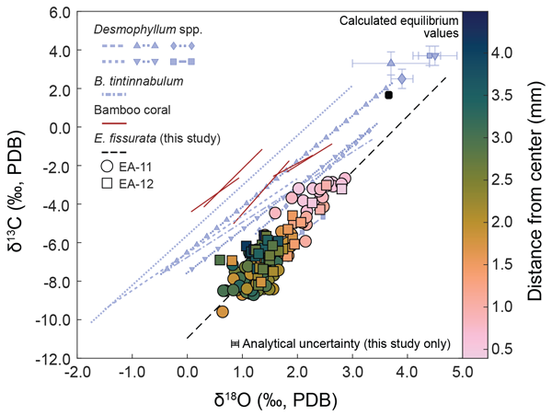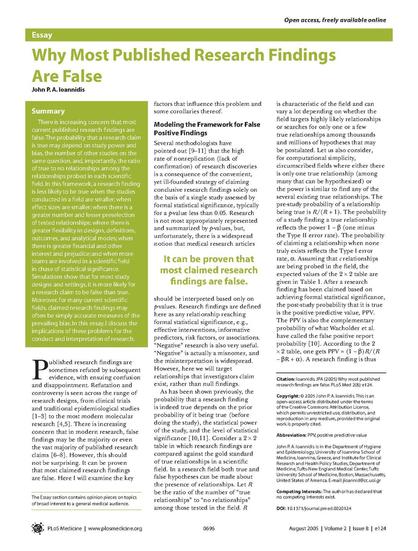The tipping point for me deciding that we should abolish scientific journals was my first experiences as an editor. It made me feel both scientifically and morally uncomfortable to be making what I felt were necessarily ill informed decisions that affected scientific progress and people's careers.
I don't think it's possible to be knowledgeable enough to quickly read a paper and understand its potential significance. But the entire system rests on this foundation.
I could also see that if I kept doing it, I'd gain confidence and it would start to feel normal, even though it was still wrong.
So instead I decided to quit those roles, and campaign for an end to scientific journals and help build new systems without the many flaws of journals.
I do believe in the value of scientific expertise, of course, but I don't think we can predict what will turn out to be important or valuable in the future. Too much of scientific culture and our institutions are based on what seems to me the palpably false assumption that we can.





